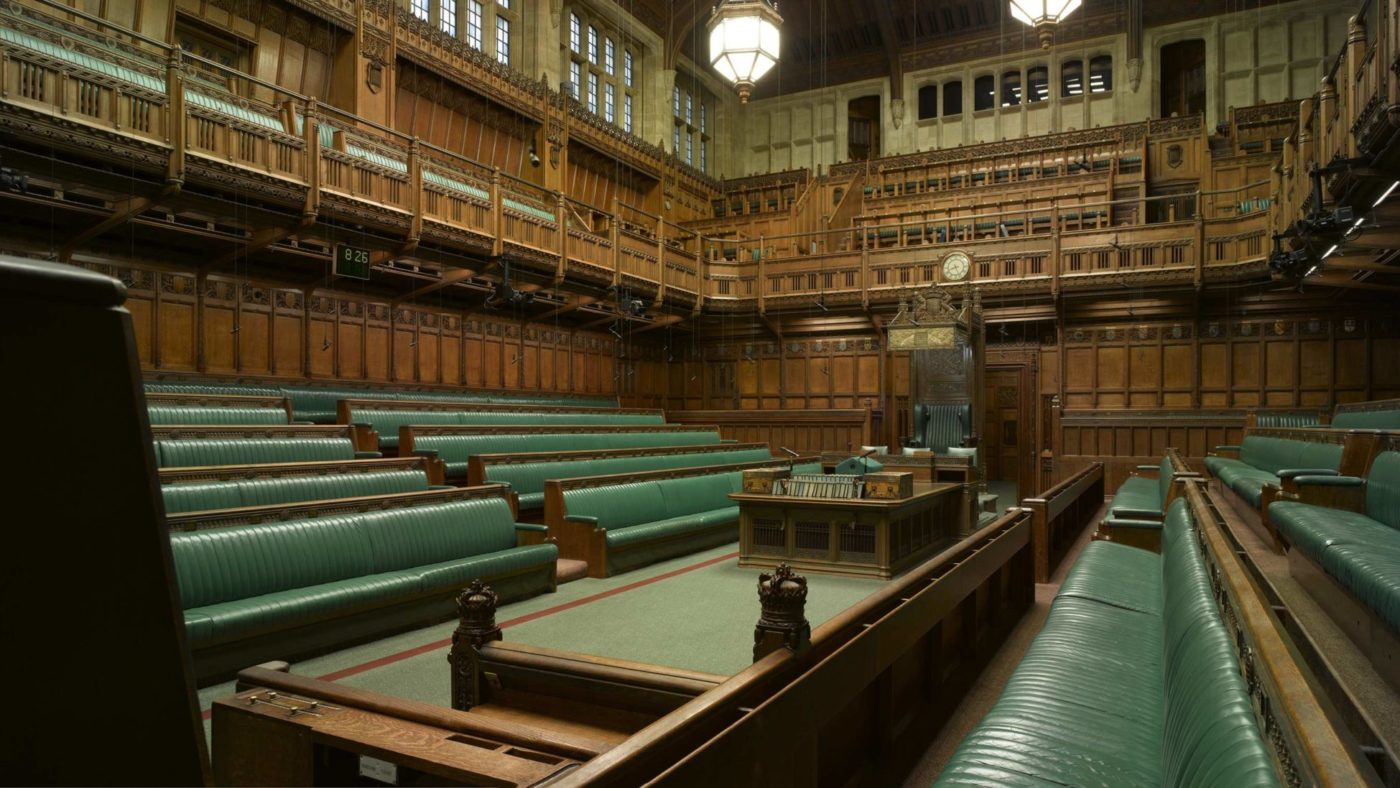You can take the man out of the Treasury, but you can never take the Treasury out of the man. When Sajid Javid came up with his proposal for improving the calibre of our politicians, his guiding light seems to have been simple: that it doesn’t cost a penny extra.
Speaking to the Institute for Government (IfG), the former Chancellor proposed halving the number of MPs, and doubling the salaries of those that remain. It is, alas, a terrible idea.
Much of Javid’s analysis of the problem was sound. There is a real problem with the calibre of people entering Parliament today; politicians from both the major parties, at least, will often admit it when you talk to them privately. This manifests in various ways, but for me the sight of an MP reading a question to the Prime Minister – a few sentences, during the highest-profile event of the week, for which they have had time to prepare – is the ultimate visual sign of decline.
And money is part of the problem. Yes, compared to the average worker an MP (basic salary: £86,584) is paid well; in fact, they are a 95th-percentile earner. But the UK is a low-wage country, and the money compares poorly to what many able people can earn in the private sector – and that’s before you factor in the hours, scrutiny, and abuse. The result is, as Javid says, that Parliament increasingly attracts either the already wealthy, or those for whom the salary represents a big jump in their earnings.
Furthermore, MPs are increasingly likely to leave Parliament – as Javid himself is doing. The average length of a Commons career is shrinking, leaving less experience on the back benches and a shorter institutional memory.
So, the problem is real enough. But Javid’s proposed solution is, for several reasons, no solution at all.
For starters, there is an almost naïve optimism to his Treasury-brained approach. That section of public opinion which shrieks with outrage at any increase in politicians’ pay is not going to be assuaged by the fact that there is no net increase in the cost to the public purse. The backlash to this would surely be almost every bit as fierce as if Parliament just bit the bullet and doubled every MP’s salary outright.
Spluttered fury at small numbers and a total inability to grapple with the reality of big numbers is an established feature of public debate, and no well-meaning spreadsheet or chart, even from the IfG’s excellent graphics team, is going to change that. The response is still going to be: ‘Why not give the money to the NHS?!’
There are a couple of other reasons why severely slashing the number of MPs is a very bad idea.
The first is casework, the bane of a modern legislator’s existence. One of the best ways to improve the lot of our politicians would be to find a way to trim back the bloat of super-councillor busywork which has expanded to fill their time since Robin Cook limited the Commons’ sitting hours. But Javid doesn’t seem to have proposed anything to do this.
Presumably the staffing allowances would be rolled over with the salaries, so each remaining MP could double their number of caseworkers. But a certain amount of casework invariably requires an MP’s time and attention, and under this programme that amount would double, leaving even less time for their proper work of scrutinising legislation or having a private life.
Then there’s the question of the payroll vote: those MPs on the government benches who hold ministerial office or another patronage position, such as trade envoy or party vice-chairmanship, and can thus normally be relied upon to vote with the government come what may.
According to the IfG, this bloc at present numbers some 150-160 MPs, of whom 133 are either ministers or parliamentary private secretaries. In Javid’s slimline Commons, this would be more or less the entire parliamentary Conservative Party, and that would mean a much less independent House of Commons.
Of course, one could shrink the payroll vote to scale it to the new Parliament. But unless we also halved the size of government departments, that would create a huge democratic oversight deficit, with far fewer ministers available to provide political direction and scrutiny to the work of civil servants.
Rather, it would create an even more serious democratic oversight deficit, because this is already a problem – especially in departments such as the Home Office, where my paper for the Adam Smith Institute found that the bottleneck created by an inadequate ministerial team was one of the biggest structural challenges facing that troubled ministry.
Javid has fallen into the same trap that our politicians fall into so often: trying to find a way to solve a problem without confronting the corrosive public attitudes which have created it. It hasn’t worked for housing, and it will not work for the quality of Parliament.
Ultimately, the way to get better politicians is to make being a politician more rewarding and more congenial, and that means some combination of more money, more privacy, and more opportunities to make a difference to legislation, which in turn means rolling back Cook’s ‘family-friendly’ hours and scrapping such indignities as programme motions and time-limited debates.
None of that is fashionable. But the alternative is living with the increasingly low grade of politics that is the result of post-expenses, the-bankers-the-bonuses public contempt. We can either challenge that mindset, or live with its products.
Click here to subscribe to our daily briefing – the best pieces from CapX and across the web.
CapX depends on the generosity of its readers. If you value what we do, please consider making a donation.


